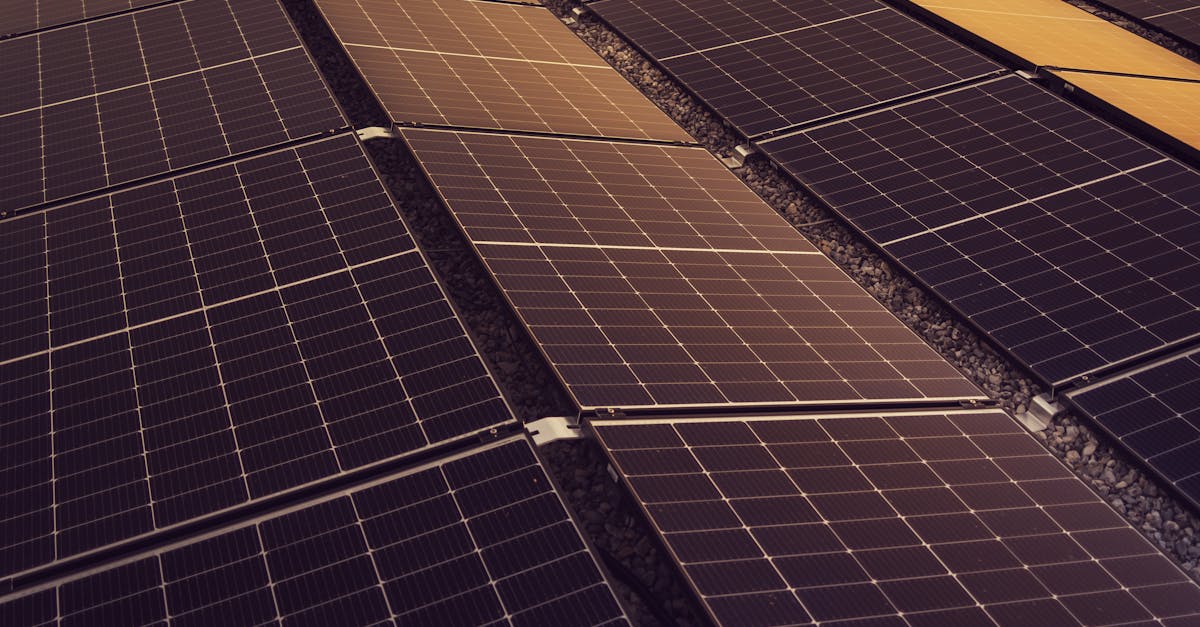Revolutionary Tech: Aircela’s Game-Changing Device Turns Air into Eco-Friendly Fuel
Introduction
Imagine a world where gasoline is not derived from fossil fuels but from air and water. This isn’t science fiction; it’s the innovative vision brought to life by Aircela, a New York-based tech startup. As the company plans initial deployments for 2025, could this technology revolutionize the energy sector?
The Technology Behind Aircela’s Device
Aircela’s device is about the size of a refrigerator but packs a monumental technological breakthrough. It converts air and water into gasoline using advanced chemical processes and AI-driven optimization. But how does it work, and what implications does this have?
- Machine Learning Integration: The device uses machine learning to fine-tune conversion processes, significantly improving efficiency over traditional methods.
- Sustainability: By using natural resources, this innovative approach aligns with global sustainability goals.
- Scalability: Designed for easy upscaling, Aircela’s technology can be integrated into larger infrastructure, potentially replacing traditional fossil fuel pipelines.
Current Market Trends in Eco-Friendly Fuels
The shift towards clean energy is a significant trend in 2023. With climate change becoming an ever-present concern, companies like Aircela are stepping up to challenge the status quo of energy production.
- Increased Investment: There’s a noticeable uptick in venture capital flowing into clean-tech startups that focus on sustainability and renewable energy.
- Regulatory Support: Governments in North America have started providing incentives to companies that innovate in eco-friendly sectors.
Practical Applications and Future Outlook
While Aircela’s technology is still in its nascent stage, the practical implications could be vast. This device can potentially serve remote areas, reducing reliance on traditional petrol stations.
Example Use Case: Consider rural communities currently off-grid for gasoline. Aircela’s device could locally produce the necessary fuel, drastically minimizing logistical challenges and carbon footprints.
Conclusion
Using air and water to produce gasoline is no longer a mere possibility—it’s a reality thanks to Aircela. Their innovative approach not only aligns with sustainability goals but also addresses energy challenges. As 2025 approaches, will we see a shift in how energy infrastructures are designed? Time will tell.
For those interested in shaping the future of eco-friendly technology, visit Ezra Wave Consulting to learn how we can collaborate on your next big idea.
